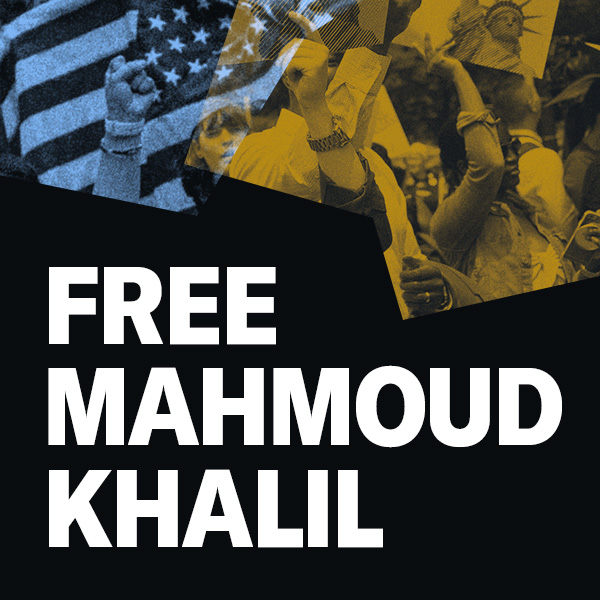Rights Groups Urge U.S. Trade Representative to Reaffirm Commitment to a Free and Open Internet
Ahead of World Trade Organization annual meeting, ACLU, Freedom House, and partners raise concerns over Biden Administration withdrawing support for reforms needed to protect an equitable, free, and open global internet
WASHINGTON - As global leaders meet at the 13th ministerial conference of the World Trade Organization, civil rights, civil liberties, open Internet advocates, and digital trade experts, urged top Biden administration officials to support a free and open global internet, while allowing for critical public policy objectives to support privacy and equity.
An open internet is the foundation for the free flow of information, democratic values, and human rights. For many years, the U.S. has been a leader in protecting and expanding the free flow of information around the world. But late last year, the United States withdrew from its commitments to the international flow of information, opposing forced data localization, combatting mandatory transfers of intellectual property, and championing non-discrimination for information products. The American Civil Liberties Union (ACLU), Freedom House, and other leading rights organizations are sounding the alarm that, while well intentioned, these withdrawals will undermine long-standing values. Instead, a better path forward is to broadly maintain those commitments while articulating well-scoped reforms.
“Safer, more equitable technology and an open, global internet are twin goals, and the United States must be committed to both,” said Cody Venzke, senior policy counsel at ACLU. “The ACLU is actively pursuing regulation and legislation to address harms from data and technology, such as invasions of our privacy and discrimination by algorithmic systems. Accomplishing those goals does not require fragmenting the internet.”
As the letter details, withdrawing from these commitments signals a U.S. “abandonment of those principles of openness, freedom, and non-discrimination” and could result in concrete harm to both individuals and businesses. In recent years, for example, the Wikimedia Foundation – the nonprofit which hosts Wikipedia and one of the signatories of this letter – has received a massive influx of requests from governments and private wealthy individuals to censor accurate public information or to identify and take retaliatory action against the volunteers editing Wikipedia. These mandates would worsen this trend by subjecting the data of vulnerable individuals to direct seizure by authorities that do not respect human rights.
“A free, open, and global internet is critical for democracy to thrive. Freedom House research has detailed how the growing adoption of data localization laws is driving the fragmentation of the global internet,” said Jennifer Brody, Deputy Director of Policy and Advocacy for Technology and Democracy. “The United States government can demonstrate how passing rights-respecting tech regulation and protecting a global internet are mutually reinforcing. Both sets of goals should remain at the heart of U.S. policy.”
Coalition Letter Urging Biden Administration to Protect Free and Open Internet
Source: American Civil Liberties Union
Stay informed
Sign up to be the first to hear about how to take action.
By completing this form, I agree to receive occasional emails per the terms of the ACLU's privacy statement.
By completing this form, I agree to receive occasional emails per the terms of the ACLU's privacy statement.



